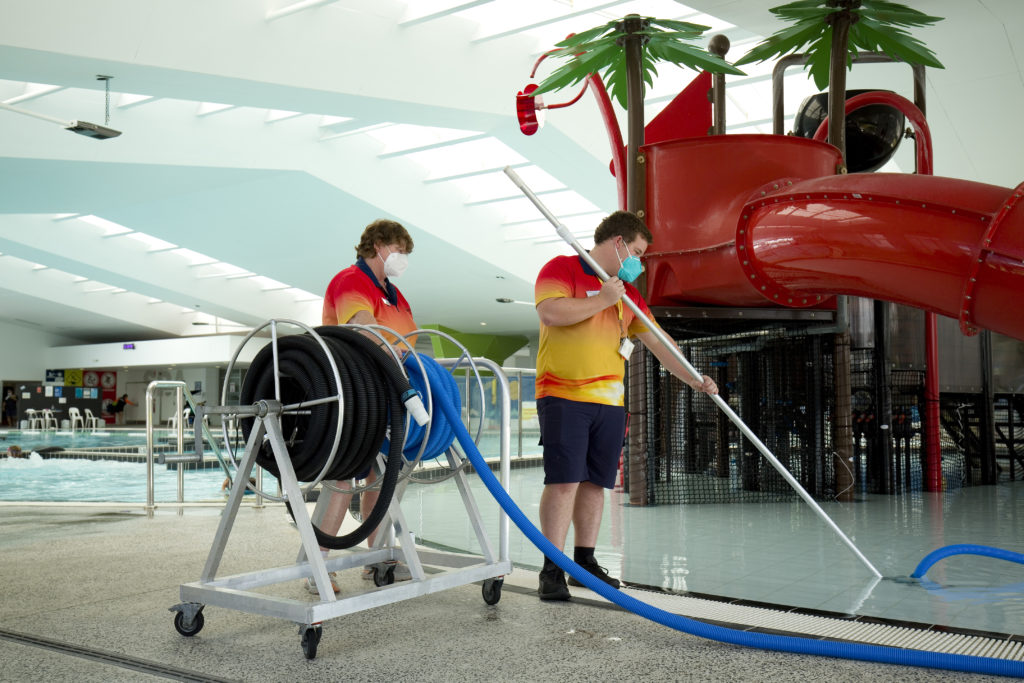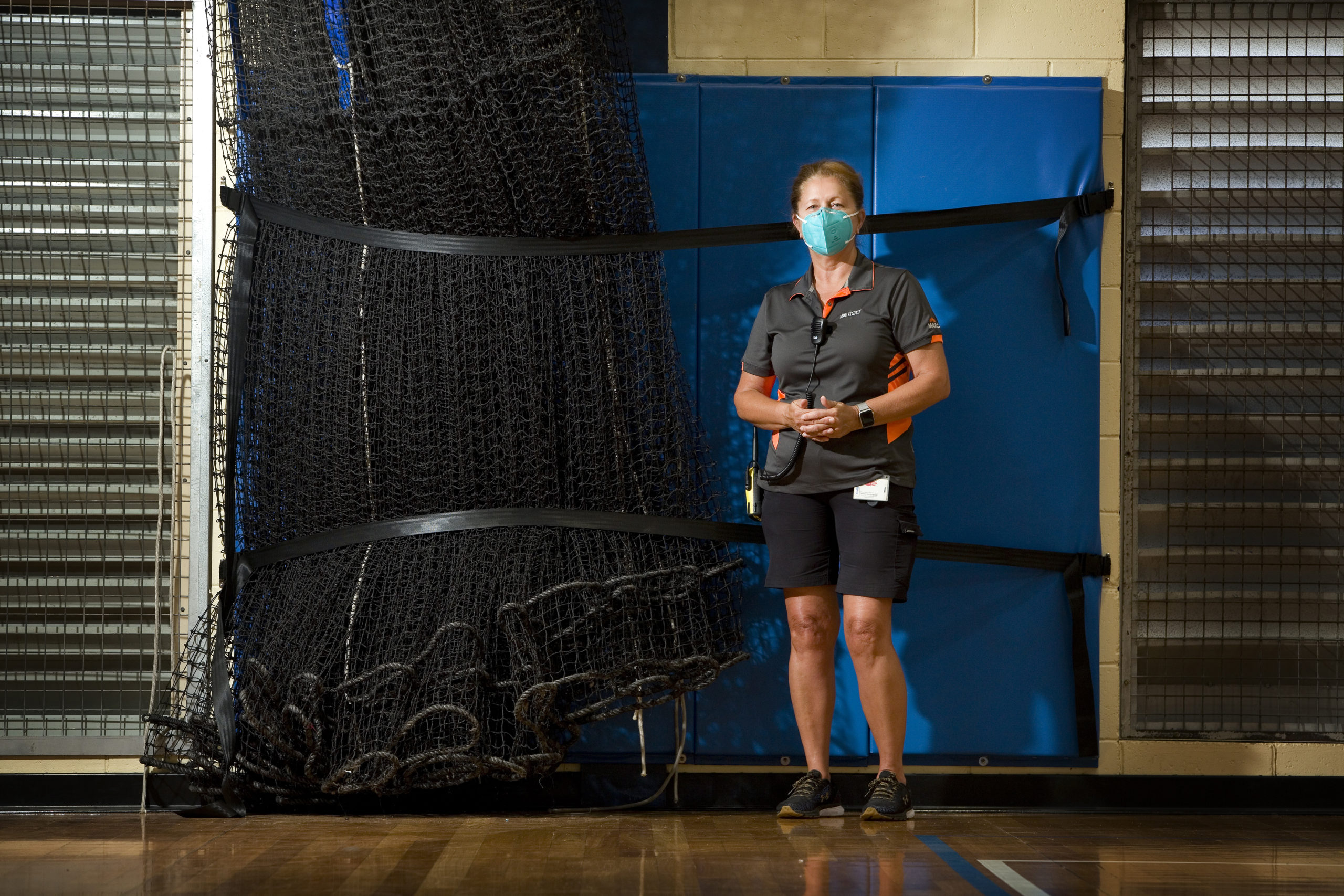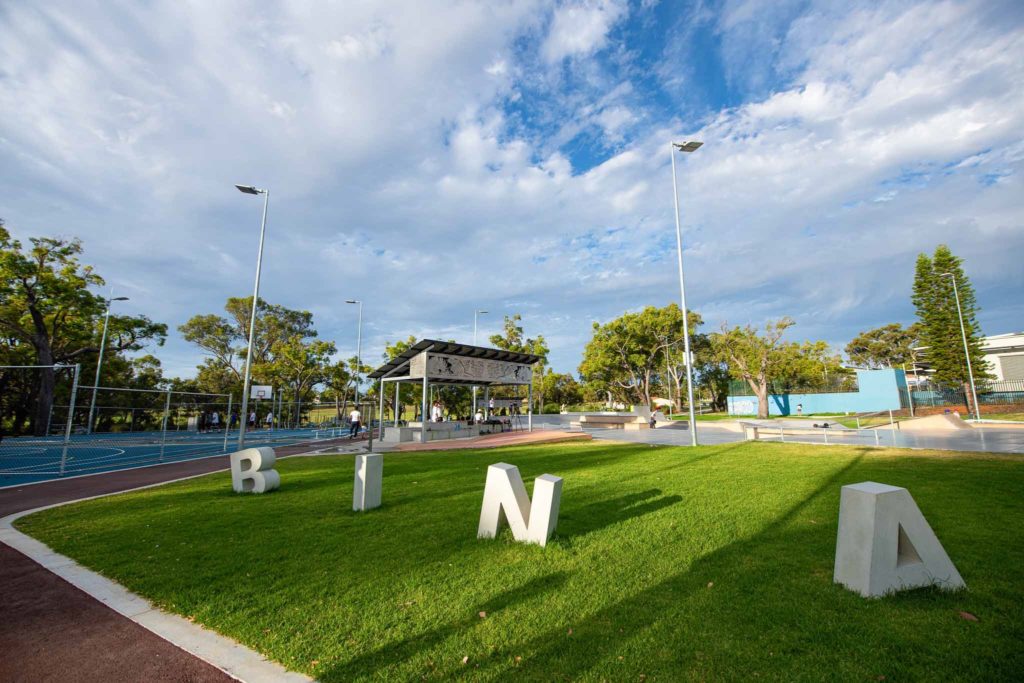What do I need to know about
new WHS reporting obligations?
WA’s new Work Health and Safety Act 2020 (WHS Act) and regulations will commence on 31 March 2022.

The purpose of PErforM (Participative Ergonomics for Manual tasks) is to involve workers in improving their workplaces to reduce injury and increase productivity.
It is:
1. A simplified manual task risk management program
2. Based on participative approach
3. Internationally recommended
Participative ergonomics is an approach which utilises the workers’ knowledge of their own tasks by involving them in the process of identifying issues and coming up with solutions – and therefore improving their
workplace.

WA’s new Work Health and Safety Act 2020 (WHS Act) and regulations will commence on 31 March 2022.
There is no hard and fast rule regarding whether contraction of the COVID-19 virus is compensable under the Workers’ Compensation & Injury Management Act 1981 (the Act) – it will need to be determined on the facts of each case.
The past two years have been tumultuous, with unplanned changes to restrictions, safety measures, and border closures adding to the stress and uncertainty of the COVID-19 pandemic.
Any activity requiring a person to use their musculoskeletal system in performing work, a manual task usually involves:
Injuries from manual tasks can often result in musculoskeletal disorders – injuries of the muscles, nerves, tendons, ligaments, joints, cartilage, or spinal discs – which result in time away from work and workers’ compensation claims.
Worker participation, management commitment and support, and a site champion are critical to the program’s long-term success.
Depending on the complexity of the task being assessed, you may also include people such as engineers, suppliers, designers, and
ergonomists if necessary. It is important other stakeholders are identified and involved at the outset.
In 2021, The City of Mandurah engaged LGIS to facilitate the PErforM program for their Mandurah Aquatic Recreation Centre (MARC). Due to the various roles within the MARC, each department created a small champion group who represented their department in the
MARC PErforM focus group. The focus group consisted of the MARC coordinator, OSH coordinator, nine supervisors/team leaders and six workers.
The program consisted of:
After the initial training the PErforM has been easily imbedded into the MARC Team as a whole.
Some examples of improvements have been:
✓ Stadium curtain nets adjusted so that they all go to one end of the court
✓ New tie backs for the stadium curtains so that they can be stored safely
✓ New nappy change table trolley for creche
✓ Change in procedure of washing creche toys
✓ All trolleys adjusted and trolley wheels changed
✓ Show court portable seating change in putting out and packing away procedures
✓ Netball posts at Halls Head Recreation Center changed for lighter poles
✓ Change in procedure for moving large blue crash mat
✓ Various trolleys built for purpose

For more information on how LGIS can provide risk advice to your local government, please contact the LGIS risk management team on 9483 8868, or your regional risk coordinator.

The City of Fremantle’s new agile workplace sets the standard on putting employee
wellbeing – and ergonomics – first.

The recent Intergovernmental Panel on Climate Change (IPCC) report stresses the time to act on climate change is now, and there is much work to be done – including by local governments.

Local governments are often planning exciting new places for their communities to gather and play.